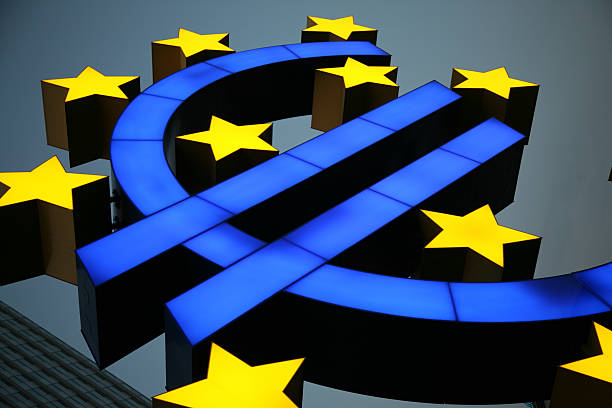The message sent from the ECB minutes came in more dovish that the meeting statement released a few weeks ago. Policymakers were concerned about the inflation outlook more than previously expected. Despite upward revisions to the economic projections, the members stressed that there were “key downside risks to the medium-term outlook for price stability, mainly related to the as yet uncertain economic and financial implications of the pandemic”. They also judged that the strength in the euro, being a drag on both financial conditions and inflation, should be monitored closely despite no immediate action. Given the resurgence of coronavirus cases in a number of European countries, the chance of a double dip in the region’s economy has increased in light of a new round of restrictive measures. We expect ECB to add further stimulus in coming months.
The members judged that “inflation was expected to remain persistently low over the medium term, notwithstanding a gradual pick-up over the projection horizon”. Chief economic Philip Lane added that inflation “expectations remained close to their historical lows, amplifying risks to the anchoring of medium-term inflation expectations”. The members forecast inflation to fall short of its aim over the horizon of the September staff projections, “notwithstanding ample policy support”.
What had disappointed the market last month was that the central bank only resorted to verbal warning of euro’s strength. The minutes revealed that policymakers viewed euro’s appreciation as not only a risk to inflation but also to growth. The members suggested that “it was the pace of the euro’s appreciation, rather than the level of the exchange rate, that could become a concern”. The members believed more communication with the public is needed regarding the movement of the euro. It was suggested that future communication should “emphasize that inflation pressures were expected to remain subdued on account of weak demand, lower wage pressures and the appreciation of the euro exchange rate”.
– advertisement –
The minutes revealed that policymakers were concerned about subdued inflation and the impact of a strong euro on inflation. We believe the central bank remains willing to do more to revive growth and inflation. As noted in the minutes, “the case was made for keeping a “free hand” in view of the elevated uncertainty, underpinning the need to carefully assess all incoming information, including the euro exchange rate, and to maintain flexibility in taking appropriate policy action if and when needed”. We expect more stimulus measures, the the form of QE expansion or even rate cut, could be announced by December.
